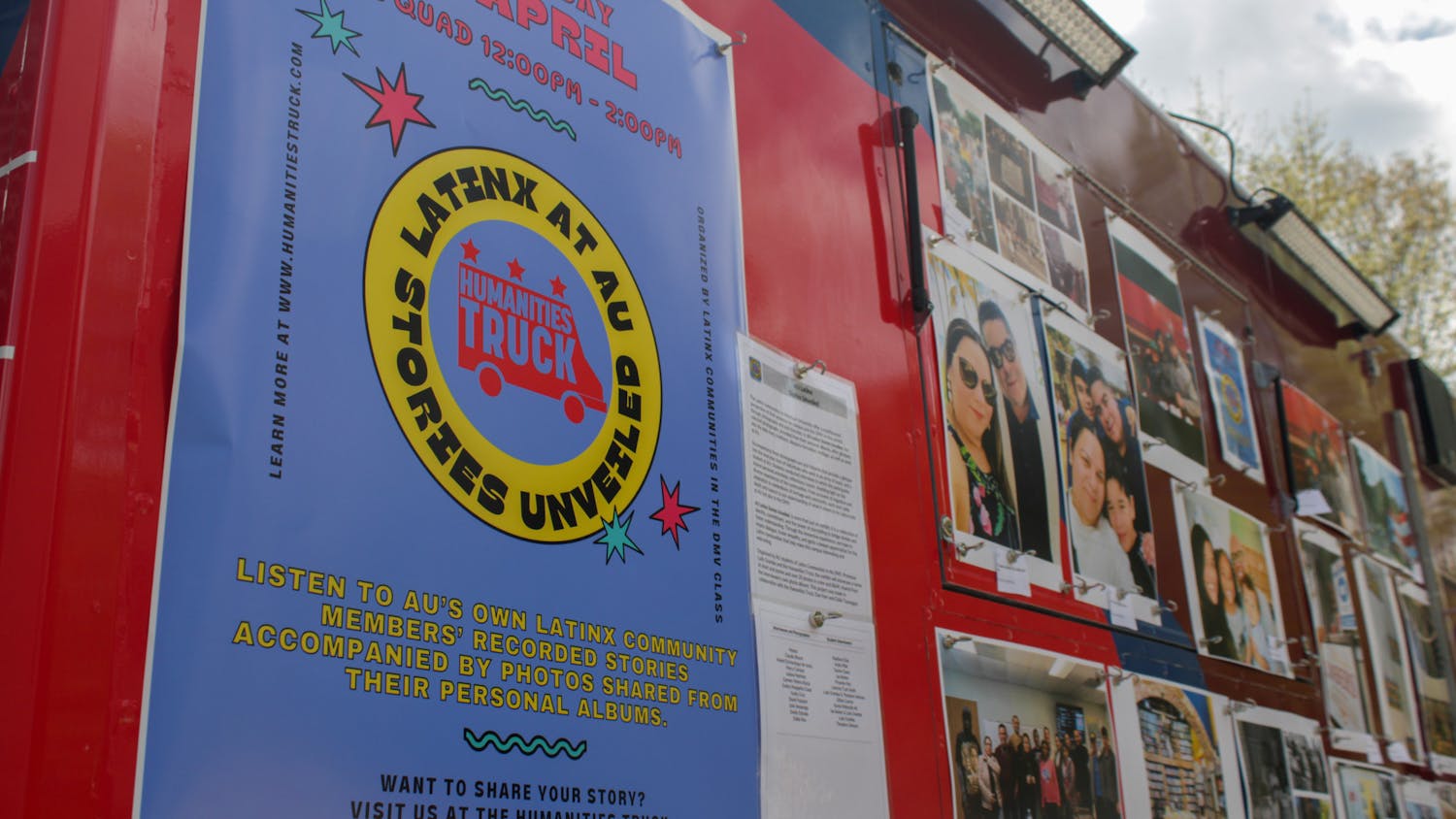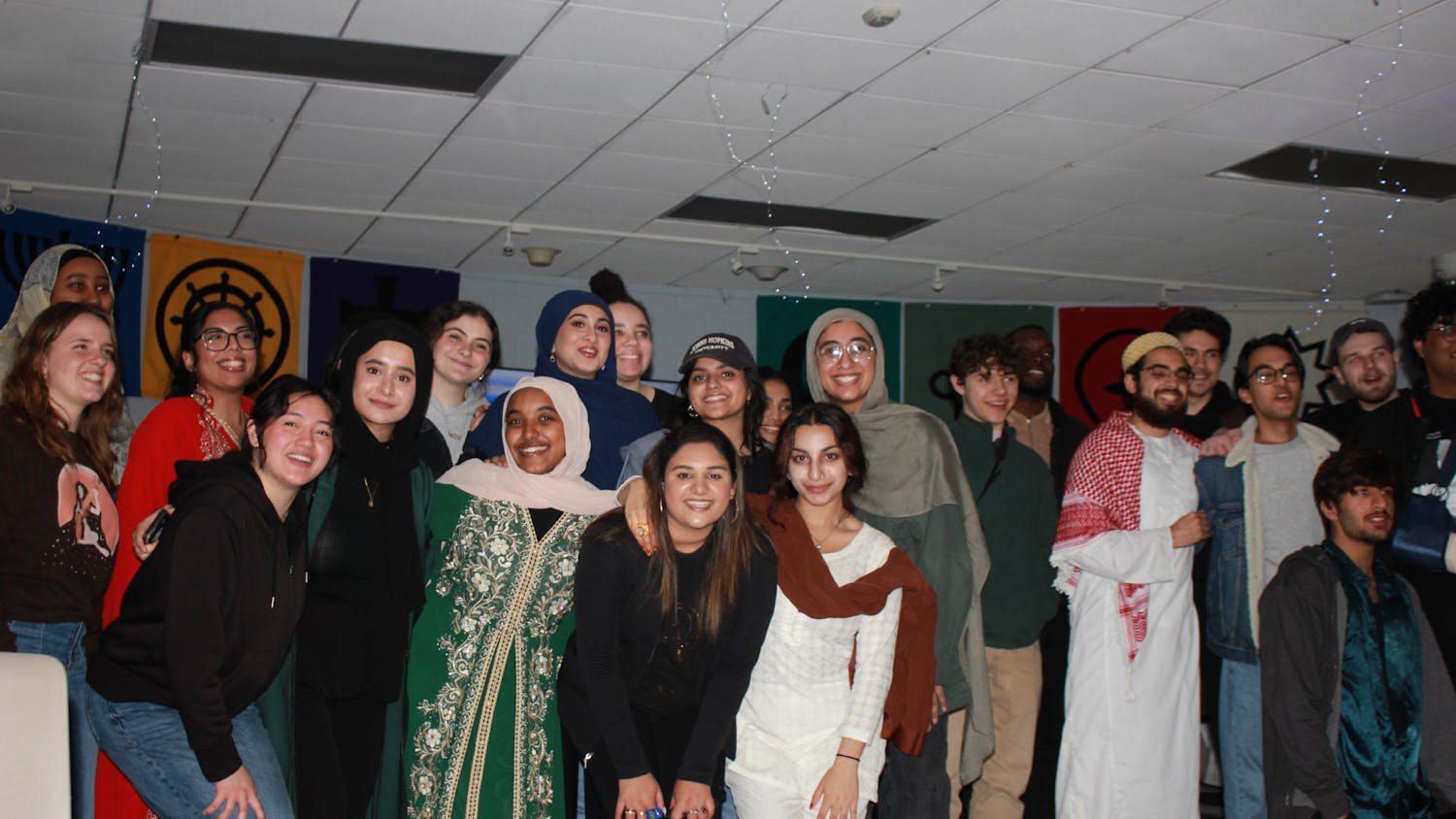Members of the Spring Valley Restoration Advisory Board received a proposal last week from the Johns Hopkins University's Bloomberg School of Public Health that provides additional details about its plans for a follow-up health study, which they hope will help convince the D.C. government to give $750,000 to fund the project.
The money would fund a follow-up study on the health hazards of World War I-era munitions in Spring Valley, Gregory Beumel, community co-chair of the RAB, said Monday at the RAB meeting. Johns Hopkins conducted its original study in May 2007 under contract with the D.C. Department of Health, in which it analyzed existing health data of Spring Valley residents who have been exposed to hazardous chemicals, including some chemical weapon breakdown products that can cause health problems.
Alma Gates, an Advisory Neighborhood Commissioner of 3D05, gave RAB members copies of the "Spring Valley Tracking Program" proposal after a March 11 meeting. Members needed to learn more information about the study before they directly contacted the mayor, according to Beumel.
"After the meeting was over, people from the ANC that cover the area actually provided us with the details we were looking for," he said. "Apparently, the ANC has worked with Johns Hopkins and [D.C. Council member Mary Cheh, D-Ward 3]."
Beumel said he wished Gates had not waited until after the meeting to come forward with the information since most in attendance had already left.
The proposal lists the study's specific goals. These goals include continued communication with Spring Valley residents about the health hazards discussed in the original Johns Hopkins scoping study - including cancers, neurological and blood disorders and skin conditions - and developing mechanisms for ongoing monitoring of the effects of chemicals weapons exposure, according to a copy of the proposal The Eagle obtained.
Cheh directly requested Mayor Adrian Fenty to allocate $750,000 from the upcoming fiscal year's budget to fund the study, The Eagle previously reported.
Despite the amount of Cheh's budget request, the Johns Hopkins proposal indicates the study could potentially cost in excess of $1 million if conducted for a projected period of five years. The recommended budget for the first two years is $500,000, with each additional year costing $250,000, according to the proposal.
The D.C. government put forward a spending plan of $9.7 billion for fiscal 2008, according to the mayor's budget proposal and financial plan.
For the District, $750,000 is not a huge amount of money, according to Beumel.
Thomas Smith, another ANC 3D commissioner and chair of D.C.'s Ward 3 Democratic Committee, said that although Cheh has asserted at public meetings her support for such a study, she has yet to certify if the money would be awarded to Johns Hopkins University or to the project itself.
Smith maintained the proposal document is neither public nor official, and had only been submitted for certain to the local city government. The proposal document itself does not even appear on university letterhead, but Mary Fox, an assistant professor at Johns Hopkins who is familiar with the school's original public health study, confirmed that it originated at the school.
It is unlikely the requested $750,000 will appear in the initial fiscal 2009 budget, according to a RAB member who wished to remain anonymous because the budget process is still ongoing. Smith said he had also been told confidentially that the budget would not include the money, but that there is always the chance of it appearing in a supplemental budget later.
"If that money is not there, we're going to do a lobbying effort to get it there," Smith said.




